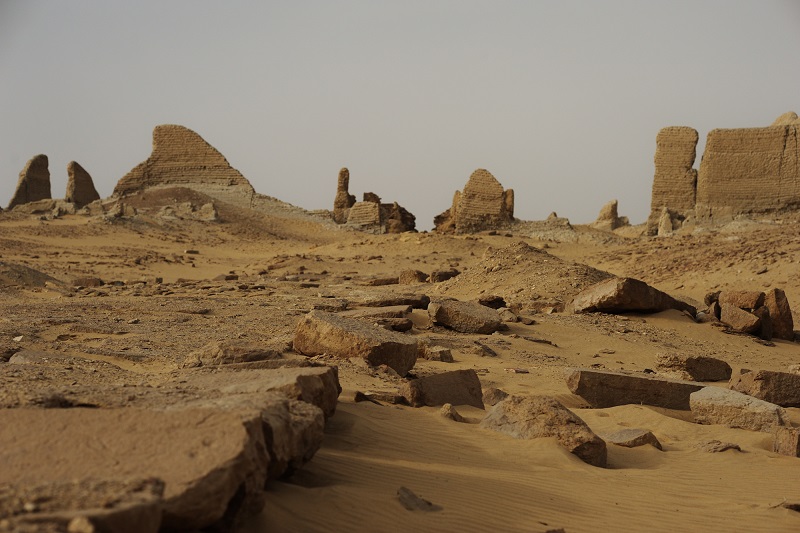Amid the government’s plans to relocate certain industries including poultry farming to desert lands, land pricing has become a topic of concern for stakeholders and as such was a focus of the second session of the “Expert Guide: The Challenges and Opportunities for Egypt’s Poultry Industry” conference.
Egypt imports more than 55% of its needs of food and there is also a lack of water, an individual needs 1,700 cubic metres of water annually during this phase, according to Presidential Advisor for Agriculture Affairs Hany El-Kateb. He said 90 million citizens need an amount of 150 cubic meters per year.
New and renewable groundwater must be relied upon, otherwise the current consumption of water could be considered a violation of the upcoming generations’ rights to use water, El-Kateb said. Fertile lands in Germany are cheaper than those in desert lands in Egypt, he said, so it is important to develop plans and solutions to utilise lands optimally, especially since the country needs 16m acres to secure food for citizens.
Holding discussions between workers in the poultry industry and the government is considered the first step to improve the industry and enhancing its growth. A meeting took place with German experts to look into the processing of sewage at a low cost to utilise it in agriculture. “Every two months, a meeting is held with the President to follow-up on the development plans of the agriculture sector,” El-Kateb said.
The most prominent files the presidency is paying the most attention to are currently the file of sewage processing at low prices and the file of sustainable agriculture to increase Egypt’s agriculture production. The file of agriculture land protection is among El-Kateb’s priorities. It will be carried out through modern technological systems to achieve sustainability in agriculture.




